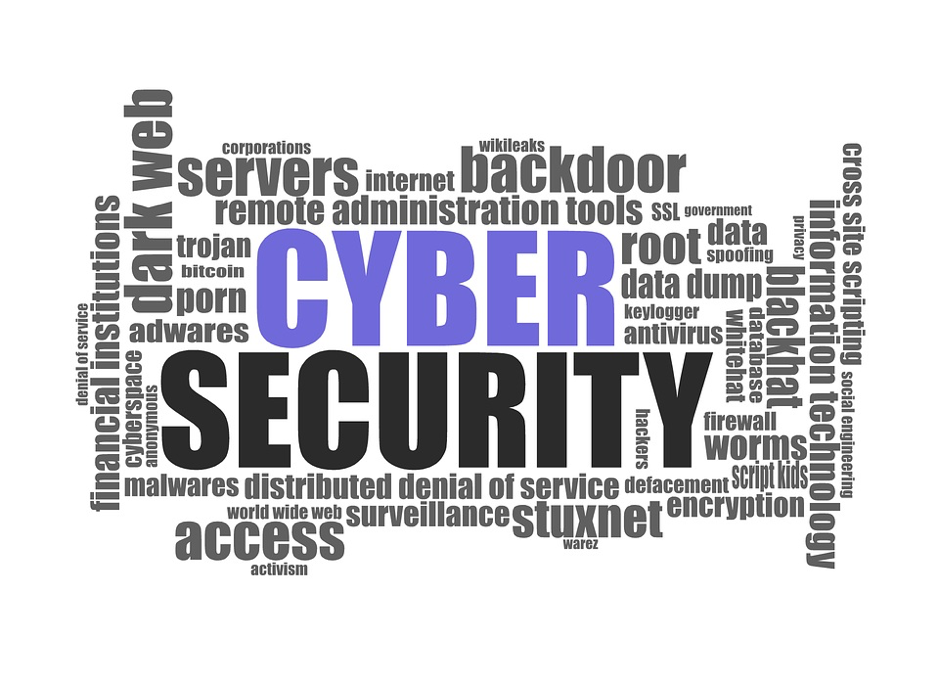8 ways to protect your data and ensure mobile security
Technology has rapidly become an integral part of our everyday lives with many people using their smartphones for more than just making and receiving calls. People use their phones for everything from mobile banking, to receiving important and private emails and other work-related functions meaning that there is more at stake than just losing contacts and text messages should your mobile device be compromised.
In order to keep your data safe, here are just a few ways you can improve on your mobile security:
- Always set an unlock pin/code as well as a SIM card lock – While entering a pin every time you want to use your phone may be tedious, without a pin anyone who picks up your phone has full, unrestricted access to your data. Should your phone get lost or stolen, these pins will prove a huge hurdle for thieves looking for an easy target.
- Download an app to protect your sensitive data – keep important details such as passwords, login details, account numbers and other sensitive information under lock and key by making use of encryption services (some of which are included on new smartphones but which can also be downloaded from a mobile app platform).

- Be careful when connecting to public Wi-Fi – free Wi-Fi is fantastic however connecting to an unsafe network can have devastating consequences. Open Wi-Fi networks give hackers the ability to intercept your communications where they can easily steal personal information like credit card numbers and other sensitive information. To protect against these hackers, avoid connecting to Wi-Fi points that use WEP (Wired Equivalent Privacy) and try to stick to password protected WPA (Wi-Fi Protected Access) points.
- Use a Virtual Private Network (VPN) when browsing on a public network – If you absolutely have to connect to a public Wi-Fi network then the use of a VPN will also help in keeping your data safe.
- Always check the security of sites before inputting your data – secure websites that use encryption services to keep their clients safe will advertise their security through the use of ‘HTTPS’ at the start of their URL (address). Non-HTTPS sites are visible to anyone who knows how to use networking and vulnerability tools and are more prone to attack than their encrypted counterparts.

- Install an antivirus – gone are the days were anti-virus software was only for PCs. Mobile antivirus apps are not only vital in keeping your current data safe but they also play a key role in analyzing new applications and protecting you from potentially malicious software disguised as games and other apps. Antivirus apps also offer additional services such as remote lock down and data erasing if you lose your mobile device, tracking and blocking unknown callers that may be a threat and more. With free apps as well as paid services available on all mobile platforms, there is no reason not to protect yourself.
- Always log out of mobile applications – we know it may be a hassle to input your login details for your most used applications but staying logged into services, such as Google Accounts, and losing access to these accounts should your device be compromised could lead to devastating consequences.
- Always use verified ePayment systems when making online payments – With mobile gaming increasing in popularity, more and more users are using real money to pay for new applications (as well as in-app purchases) on app marketplaces. This opens up players to potential security threats as users want to be able to quickly and easily transfer funds to their mobile. For online gaming , using verified ePayment systems such as PayPal, Skrill or PaySafeCard, who take the security of their clients very seriously, will help protect your information the next time you want to upgrade your Clash of Clans.
